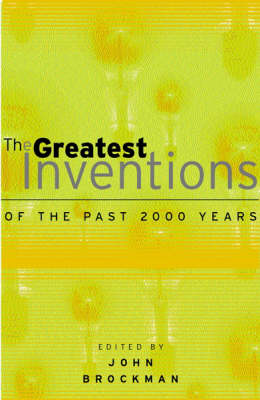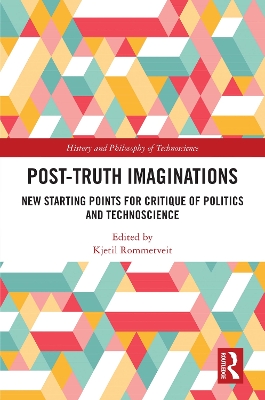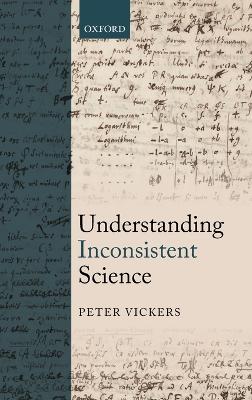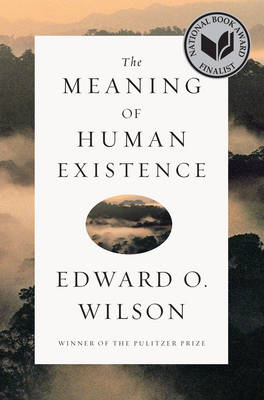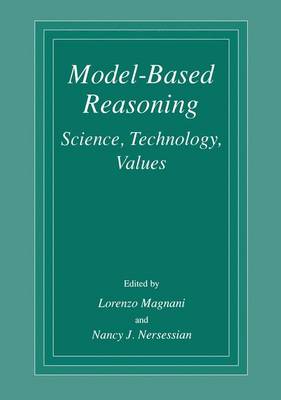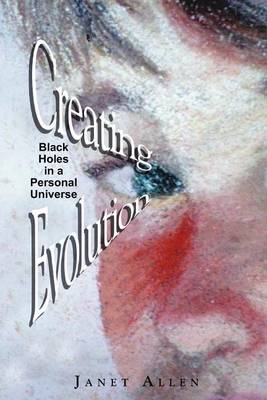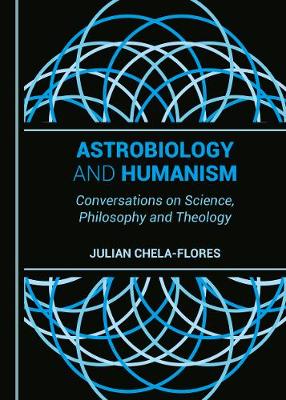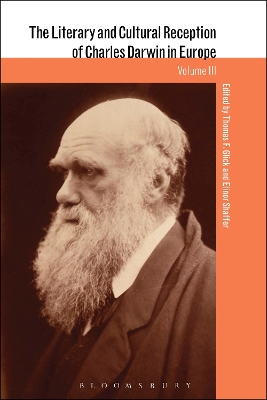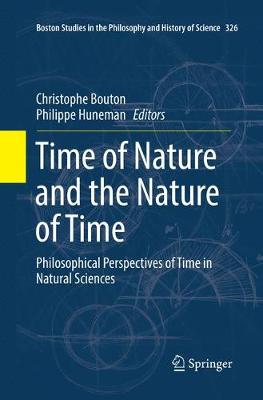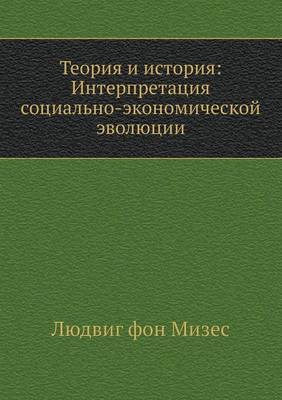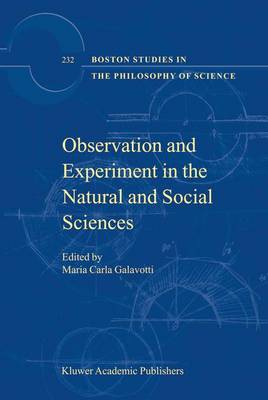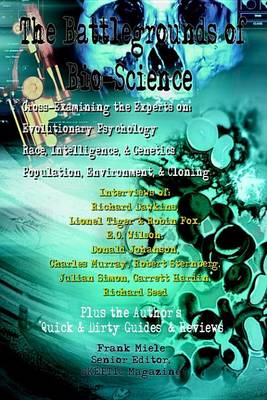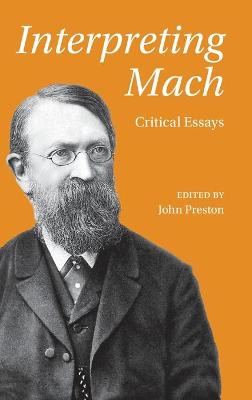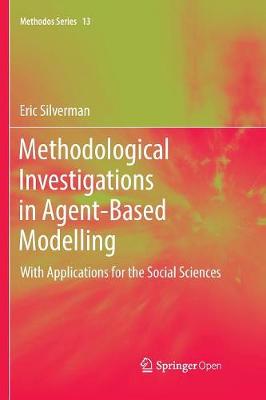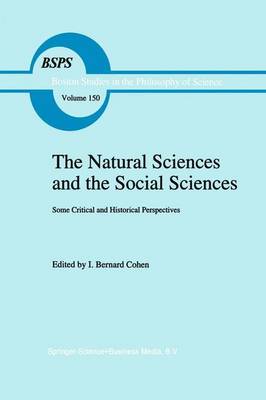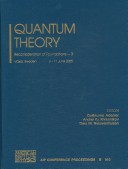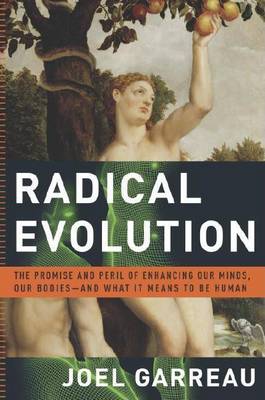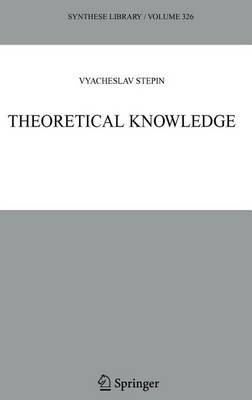The editor and literary agent John Brockman recently challenged the salon of scientists that he hosts on his website by asking: 'What is the most important invention of the past two thousand years?' Not content to be merely right, his contributors vied for originality, provocativeness and intellectual panache. This book provides a showcase for more than a hundred of their responses, which are as varied, and in some cases strange, as the participants themselves. Gutenberg's printing press wins th...
Post-Truth Imaginations (History and Philosophy of Technoscience)
This book engages with post-truth as a problem of societal order and for scholarly analysis. It claims that post-truth discourse is more deeply entangled with main Western imaginations of knowledge societies than commonly recognised. Scholarly responses to post-truth have not fully addressed these entanglements, treating them either as something to be morally condemned or as accusations against which scholars have to defend themselves (for having somehow contributed to it). Aiming for wider prob...
In recent years philosophers of science have urged that many scientific theories are extremely useful and successful despite being internally inconsistent. Via an investigation of eight alleged 'inconsistent theories' in the history of science, Peter Vickers urges that this view is at best overly simplistic. Most of these cases can only be described as examples of 'inconsistent science' if we employ reconstructions of science which depart from the real (history of) science to an unacceptable deg...
Searching for meaning in what Nietzsche called "the rainbow colours" around the outer edges of knowledge and imagination, Edward O. Wilson bridges science and philosophy to create a twenty-first-century treatise on human existence. Once criticised for his over-reliance on genetics, Wilson unfurls his most expansive and advanced theories on human behaviour. Whether attempting to explicate "the Riddle of the Human Species", warning of "the Collapse of Biodiversity" or creating a plausible "Portrai...
Model-Based Reasoning
There are several key ingredients common to the various forms of model-based reasoning considered in this book. The term 'model' comprises both internal and external representations. The models are intended as interpretations of target physical systems, processes, phenomena, or situations and are retrieved or constructed on the basis of potentially satisfying salient constraints of the target domain. The book's contributors are researchers active in the area of creative reasoning in science and...
This book reviews the horizons and frontiers of humanism as they interact with the science of life in the universe, now generally known as "astrobiology". As one of the most important conversations of our time, the existence of life itself raises deep questions that are meaningful to both astrobiology and humanism. The text discusses current disagreements in this intercultural dialogue, which are shown to be solely due to the widespread delusion that the horizons and frontiers of science can be...
Beyond his pivotal place in the history of scientific thought, Charles Darwin's writings and his theory of evolution by natural selection have also had a profound impact on art and culture and continue to do so to this day. The Literary and Cultural Reception of Charles Darwin in Europe is a comprehensive survey of this enduring cultural impact throughout the continent. With chapters written by leading international scholars that explore how literary writers and popular culture responded to D...
This volume addresses the question of time from the perspective of the time of nature. Its aim is to provide some insights about the nature of time on the basis of the different uses of the concept of time in natural sciences. Presenting a dialogue between philosophy and science, it features a collection of papers that investigate the representation, modeling and understanding of time as they appear in physics, biology, geology and paleontology. It asks questions such as: whether or not the noti...
Раскольничьи дела XVIII столетия. Том 2. Schismatic cases of the XVIII century. Volume 2 (Russian History Books)
by Г. Есипов
This volume is a contribution to the ongoing debate on the distinction between a 'context of justification' and a 'context of discovery'. It is meant for researchers and advanced students in philosophy of science, and for natural and social scientists interested in foundational topics. Spanning a wide range of disciplines, it combines the viewpoint of philosophers and scientists and casts a new interdisciplinary perspective on the problem of observation and experimentation.
Interpreting Mach
This volume presents new essays on the work and thought of physicist, psychologist, and philosopher Ernst Mach. Moving away from previous estimations of Mach as a pre-logical positivist, the essays reflect his rehabilitation as a thinker of direct relevance to debates in the contemporary philosophies of natural science, psychology, metaphysics, and mind. Topics covered include Mach's work on acoustical psychophysics and physics; his ideas on analogy and the principle of conservation of energy; t...
Methodological Investigations in Agent-Based Modelling (Methodos, #13)
by Eric Silverman
This open access book examines the methodological complications of using complexity science concepts within the social science domain. The opening chapters take the reader on a tour through the development of simulation methodologies in the fields of artificial life and population biology, then demonstrates the growing popularity and relevance of these methods in the social sciences. Following an in-depth analysis of the potential impact of these methods on social science and social theory, th...
The Natural Sciences and the Social Sciences (Boston Studies in the Philosophy and History of Science, #150)
Natural Sciences and the Social Sciences contains a series of explorations of the different ways in which the social sciences have interacted with the natural sciences. Usually, such interactions are considered to go only `one way': from the natural to the social sciences. But there are several important essays in this volume which show how developments in the social sciences have affected the natural sciences - even the `hard' science of physics. Other essays deal with various types of i...
This Vaxjo conference was devoted to the reconsideration of quantum foundations. Due to increasing research in quantum information theory, especially on quantum computing and cryptography, many questions regarding the foundations of quantum mechanics, which have long been considered to be exclusively of philosophical interest, nowadays play an important role in theoretical and experimental quantum physics.
Taking us behind the scenes with today’s foremost researchers and pioneers, bestselling author Joel Garreau shows that we are at a turning point in history. At this moment we are engineering the next stage of human evolution. Through advances in genetic, robotic, information, and nanotechnologies, we are altering our minds, our memories, our metabolisms, our personalities, our progeny–and perhaps our very souls. Radical Evolution reveals that the powers of our comic-book superheroes already e...
